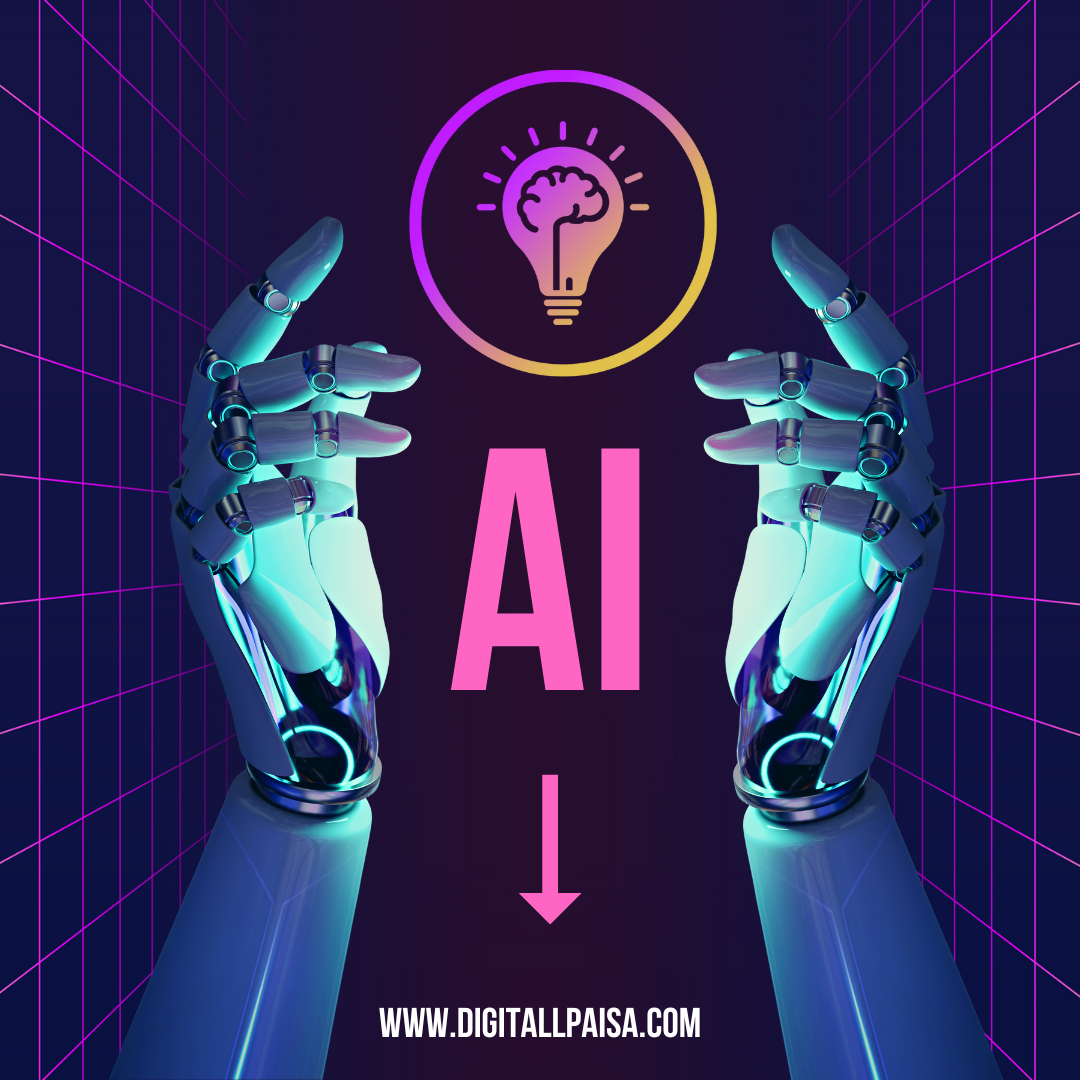Artificial intelligence (AI) is rapidly transforming the world around us, and its impact on different industries is no exception. AI is already being used to automate tasks, improve decision-making, and personalize customer experiences in a wide range of industries.
In this article, we will take a look at How AI will Affect Different Industries. We will discuss the benefits of AI for each industry, as well as some of the challenges that businesses will need to overcome in order to successfully adopt AI.
1. Healthcare
The healthcare industry is one of the sectors that is most ripe for disruption by AI. AI can be used to automate tasks such as scheduling appointments, managing patient records, and diagnosing diseases. It can also be used to develop new drugs and treatments, and to personalize healthcare for each individual patient.
Some of the benefits of AI in healthcare include:
- Increased efficiency: AI can automate many of the time-consuming tasks that healthcare professionals currently perform, freeing up their time to focus on more important patient care.
- Improved accuracy: AI can diagnose diseases more accurately than human doctors, and it can also identify patterns in patient data that would be missed by human eyes.
- Personalized healthcare: AI can be used to personalize healthcare for each individual patient, based on their unique medical history and needs.
However, there are also some challenges that How AI will Affect Different Industries will need to overcome in order to successfully adopt AI in healthcare. These challenges include:
- Data privacy: AI systems need to be able to access large amounts of patient data in order to be effective. However, this data needs to be protected from unauthorized access.
- Cost: AI systems can be expensive to develop and implement. Businesses will need to make sure that the benefits of AI outweigh the costs.
- Regulation: The healthcare industry is heavily regulated. Businesses will need to make sure that their AI systems comply with all applicable regulations.
Despite these challenges, AI has the potential to revolutionize the healthcare industry. By automating tasks, improving accuracy, and personalizing healthcare, AI can help to improve the quality of care for patients and make the healthcare system more efficient.
2. Financial services
The financial services industry is another sector that is being transformed by AI. AI is being used to automate tasks such as fraud detection, risk assessment, and customer service. It is also being used to develop new financial products and services, and to improve the efficiency of trading and investment.
Some of the benefits of AI in financial services include:
- Increased efficiency: AI can automate many of the time-consuming tasks that financial professionals currently perform, freeing up their time to focus on more important tasks.
- Improved accuracy: AI can detect fraud more accurately than human analysts, and it can also assess risk more accurately.
However, there are also some challenges that How AI will Affect Different Industries will need to overcome in order to successfully adopt AI in financial services. These challenges include:
- Security: AI systems need to be able to protect sensitive financial data from unauthorized access.
- Regulation: The financial services industry is heavily regulated. Businesses will need to make sure that their AI systems comply with all applicable regulations.
- Cost: AI systems can be expensive to develop and implement. Businesses will need to make sure that the benefits of AI outweigh the costs.
Despite these challenges, AI has the potential to revolutionize the financial services industry. By automating tasks, improving accuracy, and personalizing financial services, AI can help to improve the efficiency of the financial system and make it more secure.
3. Retail
The retail industry is also being disrupted by AI. AI is being used to automate tasks such as inventory management, product recommendations, and customer service. It is also being used to develop new retail experiences, such as virtual reality stores and personalized shopping.
Some of the benefits of AI in retail include:
- Increased efficiency: AI can automate many of the time-consuming tasks that retail employees currently perform, freeing up their time to focus on more important tasks.
- Improved customer experience: AI can be used to provide personalized customer recommendations and support, which can help to improve customer satisfaction.
- Reduced costs: AI can help to reduce costs by automating tasks and improving efficiency.
However, there are also some challenges that How AI will Affect Different Industries will need to overcome in order to successfully adopt AI in retail. These challenges include:
- Data privacy: AI systems need to be able to access large amounts of customer data in order to be effective.
For more Interesting blogs Read More

